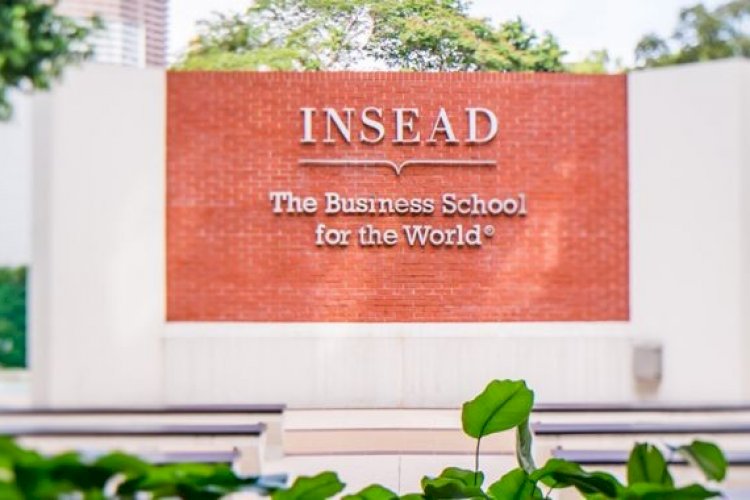
Questions to ask in an MBA interview
If you have reached the interview stage of your application process then you are just a step away from getting into the school of your choice. At this stage, you are already considered a valuable candidate. The university just needs to know more about you and they want you to use this as an opportunity to get to know more about them! An interview may last anywhere between twenty minutes to sixty minutes and if you live close by you may be asked to visit the campus but if that is not feasible you might get a telephonic or video call to advance the process.
Once in a while, there is more than one stage in the interview process. A few schools pose standard inquiries you can reply to in a video recording before leading an in-person exchange. For the day of the meeting, you may have to prepare a presentation or project. It is important that you go through the prerequisites so that the interview can be completed seamlessly.
The Questions:
You will probably be asked to answer questions that you have already answered in your interview. Here are some of the common MBA interview questions.
- What skills do you hope to acquire through the program?
- How will this program help you reach your objective?
- Tell us about a demanding situation. How did you resolve it, and what did you learn?
- Why do you want to pursue an MBA?
- What types of MBA are you interested in?
- What qualifications or experiences do you have that will contribute to this program?
Questions you can ask in an interview
“Do you have any questions for us?” is usually the final question MBA interviewers ask.
How you choose to respond to this question is crucial, as the questions you ask your interviewer are regarded as important as your answers to their questions. Any business school would want to confirm your resolve towards this path and this is their one chance to assess your curiosity and analytical skills. Most MBA applicants are so worried about preparing for the other questions that the interviewer might ask them that they don’t consider preparing quality queries for the admissions committee. These questions are important for two reasons: the answers will clarify your doubts and the questions give the interviewer insights into your thought process and priorities. These questions can set you apart from other candidates who have similar qualifications and skills. Your questions should:
- Highlight your qualities
- Demonstrate your profession objectives
- Show that you’ve investigated what the college has to bring to the table
- Assert that you consider an MBA worth your time and effort
- Demonstrate your passion for this program
A few examples of the questions that you could ask your interviewer are:
- Can you tell me more about the program?
- What is the program’s greatest restriction?
- What are the groups and organizations that I can join?
- What is the best guidance you would provide any newcomer?
Likewise, these are few questions that you cannot ask at your interview, majorly because the interviewer expects you to have answers to these questions even before you apply.
- Can an MBA help my career?
- What can I expect to do with an MBA?
- What kind of salary can I earn after an MBA?
Some tips for an interview
- Planning is critical. Go to the official website to see whether they mention MBA-specific inquiries that they ask the applicants. You may also look for articles and posts by past applicants, which can give you some perspective on what you can expect.
- Be original and sincere. The university already sees you as valuable on paper; they just need to find reasons that add extra to the ordinary. That does not mean that you have to lie or pretend to impress them. It just means that you have to show that you are receptive and worthy of a seat in the classroom.
- A solid initial impression is vital. Show that you are original, willing to contribute, and can adjust to an evolving situation. Prepare Individual examples to reference from because interviewers want to about your qualities, shortcomings, and professional achievements.
 MBA Center Global
MBA Center Global 























